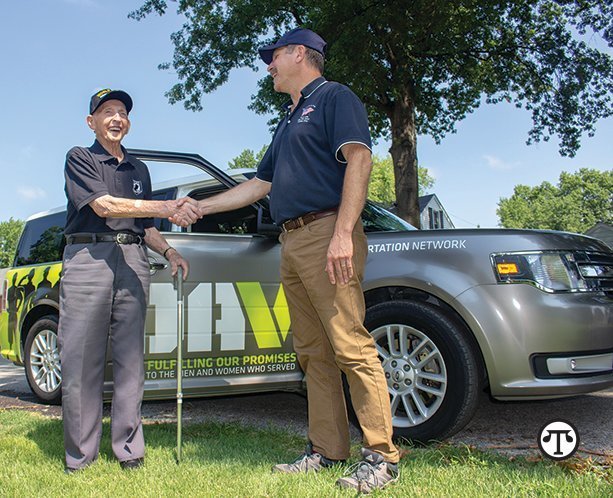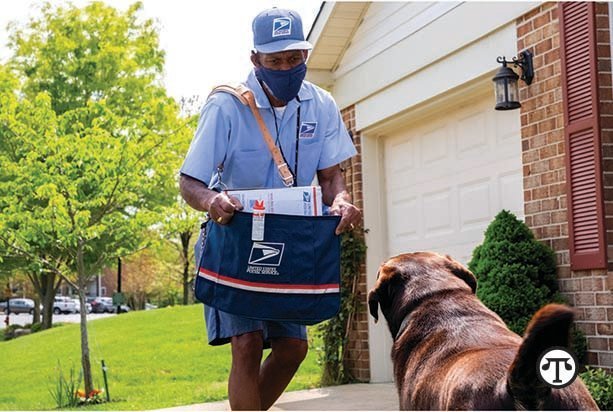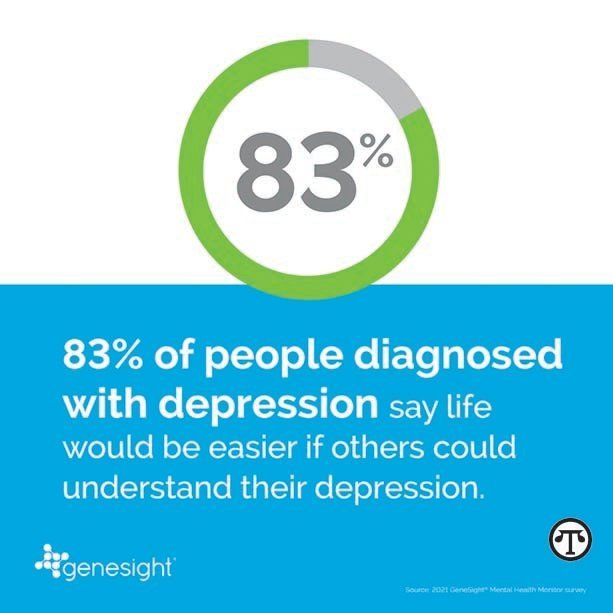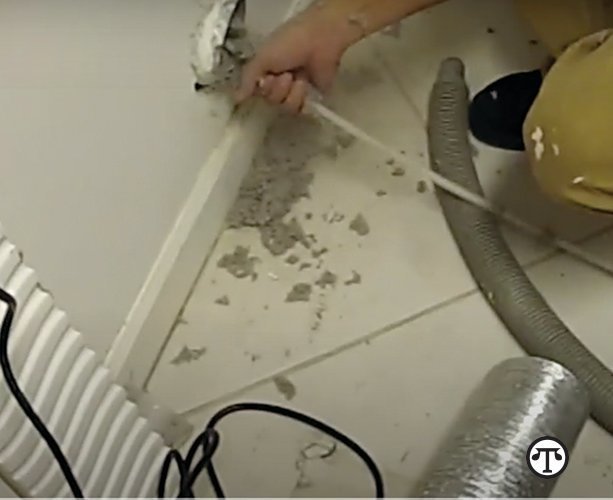FOR YOUR HEALTH: Tips For Shedding Those Pandemic Pounds

Enjoying the abundant fresh fruits and vegetables of the season can help you emerge from the pandemic fit and healthy.
(NAPSI)—Living may be easier during the warmer weather seasons but that doesn’t mean your wellness goals should be swept under the rug. To help, GOLO, the pioneering wellness solutions company, has a range of healthy suggestions for the summer, whether you’re at home, road tripping with friends and family, or grilling in your backyard.
#1. Develop an action plan: Use this time as an opportunity to develop a nutritionally balanced meal plan that focuses on real, whole foods that charge your metabolism and help you feel energized.
A structured meal plan can help you lose weight and get healthier. For example, the company’s Metabolic Plan focuses on repairing metabolic health with whole foods that are affordable, simple to prepare and easy to find in a restaurant or convenience store.
It’s effective because:
• You stay fuller longer and don’t have to fight with hunger and cravings.
• You can eat delicious foods that you want to eat—you are in control.
• There’s no diet isolation. You eat the same foods as your family and friends
#2. Don’t be afraid to rock out at your cookout: The truth is everyone enjoys a good backyard cookout. The key is to make sure that you’re enjoying the tastes of the season without having a detrimental effect on your healthy eating plan.
#3. Burn off pandemic pounds: It’s essential to take advantage of the warmer weather to exercise away those pandemic pounds that many people packed on over the past year.
The Centers for Disease Control and Prevention recommends adults do at least 150 minutes (2 hours and 30 minutes) to 300 minutes (5 hours) a week of moderate-intensity, or 75 minutes (1 hour and15 minutes) to 150 minutes (2 hours and 30 minutes) a week of vigorous-intensity aerobic physical activity, or an equivalent combination of moderate- and vigorous-intensity aerobic activity. Preferably, aerobic activity should be spread throughout the week.
Adults should also do muscle-strengthening activities of moderate or greater intensity and that involve all major muscle groups on two or more days a week, as these activities provide additional health benefits.
Switching up your seasonal fitness regimen can be key to staying motivated and consistent when building new, healthier habits.
Learn More
Visit www.golo.com for further facts and tips.


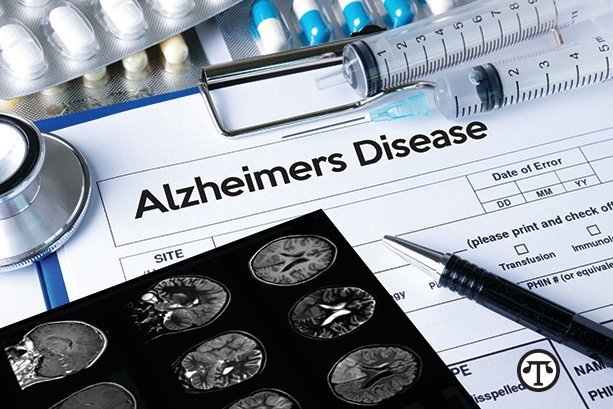 (NAPSI)—More than 6 million people in the U.S. live with Alzheimer’s, and that number continues to increase each year. In 2021, Alzheimer’s and other dementias will cost the nation $355 billion. The Alzheimer’s Association predicts those costs will rise to $1.1 trillion by 2050.
(NAPSI)—More than 6 million people in the U.S. live with Alzheimer’s, and that number continues to increase each year. In 2021, Alzheimer’s and other dementias will cost the nation $355 billion. The Alzheimer’s Association predicts those costs will rise to $1.1 trillion by 2050.

